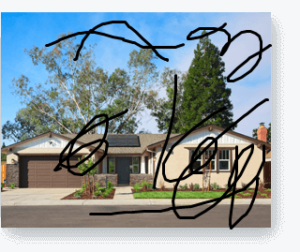Meeting Recap
In December, law enforcement personnel, including Appalachia HITDA Director Frank Rapier, gathered alongside policy makers, HIDTA personnel, and industry experts in Lexington, Kentucky to discuss issues surrounding anti-narcotics legislation. The meeting’s participants came from Kentucky, Tennessee, South Carolina, Georgia, Virginia, and West Virginia. The discussion was facilitated by Neely Carlton, a former Mississippi state senator. Ms. Carlton led the group in working through issues relating to the process of creating legislation, such as how to identify potential allies, and how to publicly state a group’s position in order to garner support among legislators.
The meeting took a different approach than many past narcotics officers’ conferences, examining opportunities for law enforcement to affect change through policy, rather than through direct enforcement initiatives. Discussions and training on these issues are critical, since topics like the best time to contact a legislator about creating a new law or the most effective ways to ask for support are not often thought of as necessary knowledge for those working in law enforcement. The meeting’s participants discussed their place within the legislative process, and where their ability to influence that process may lie. So far, the meeting’s organizers are receiving very positive feedback and hope to expand this approach for future conferences.


